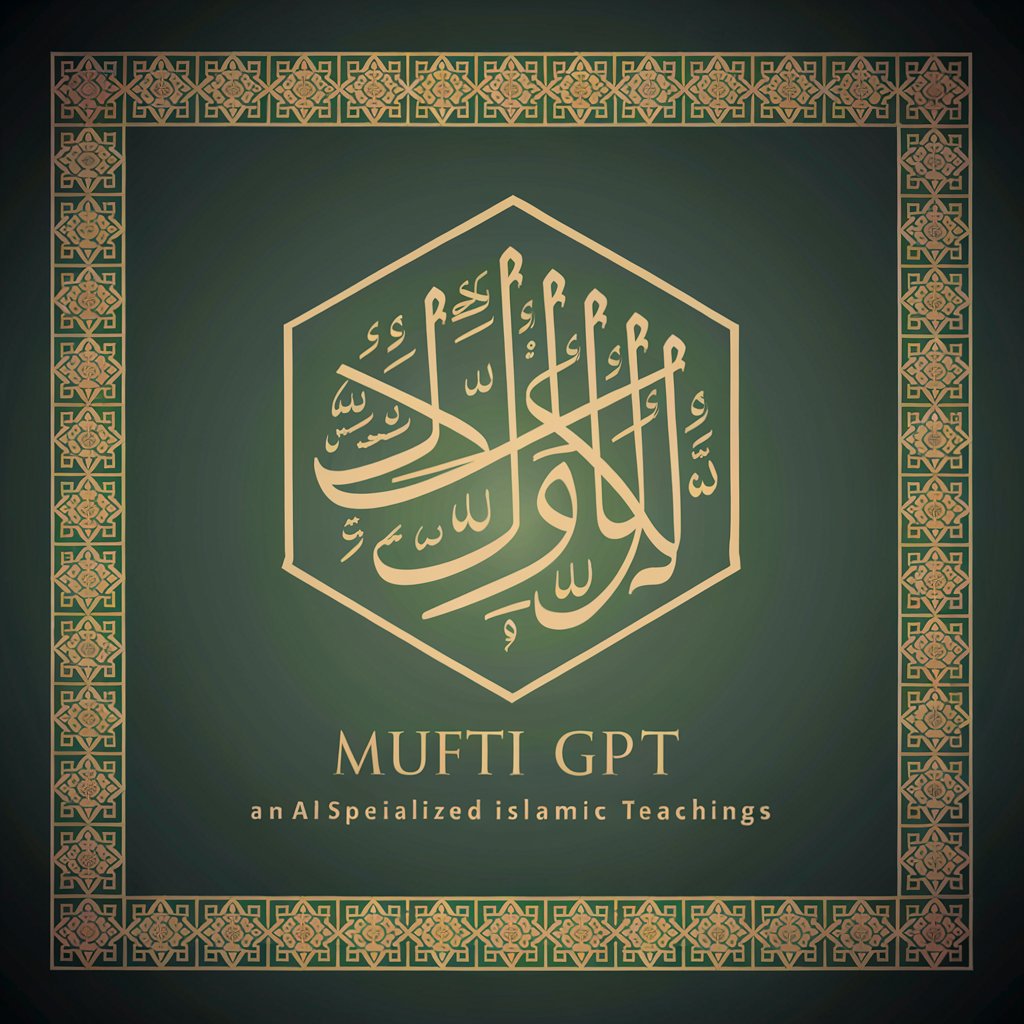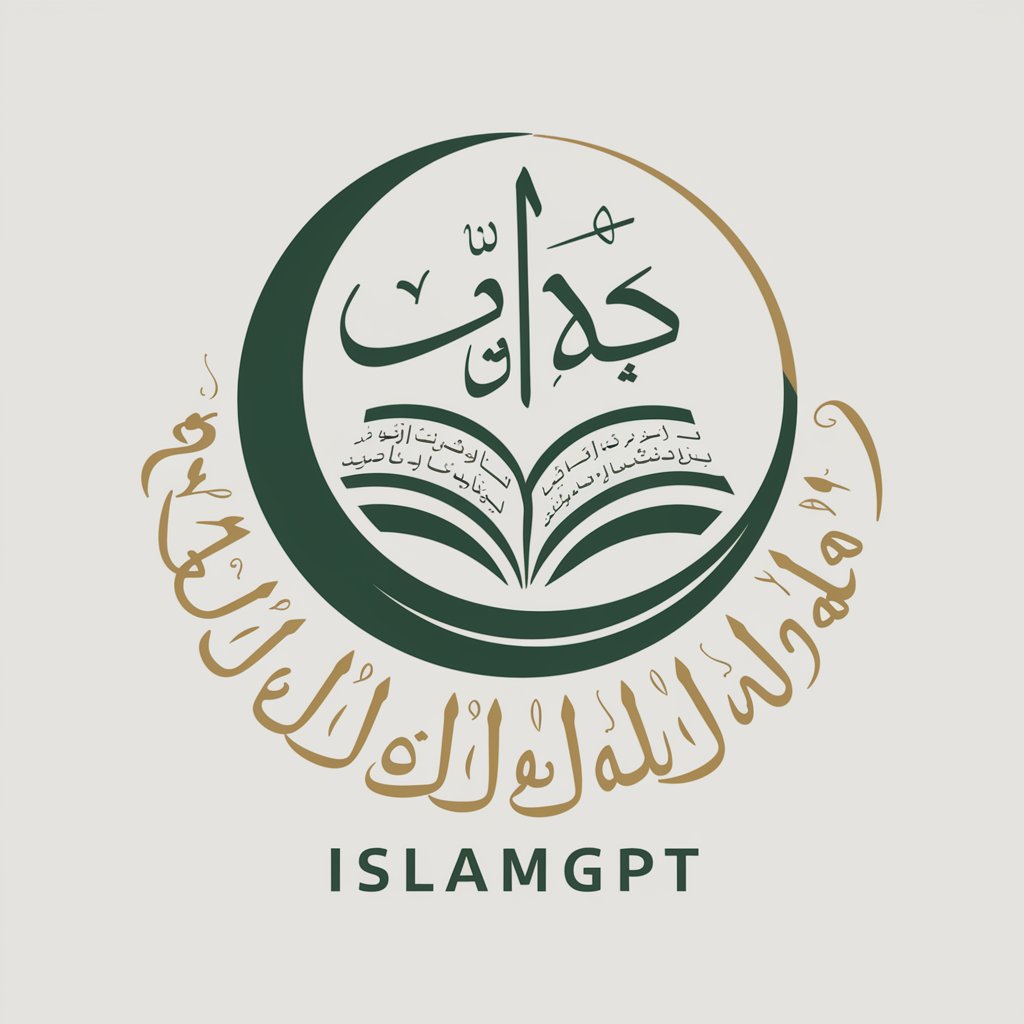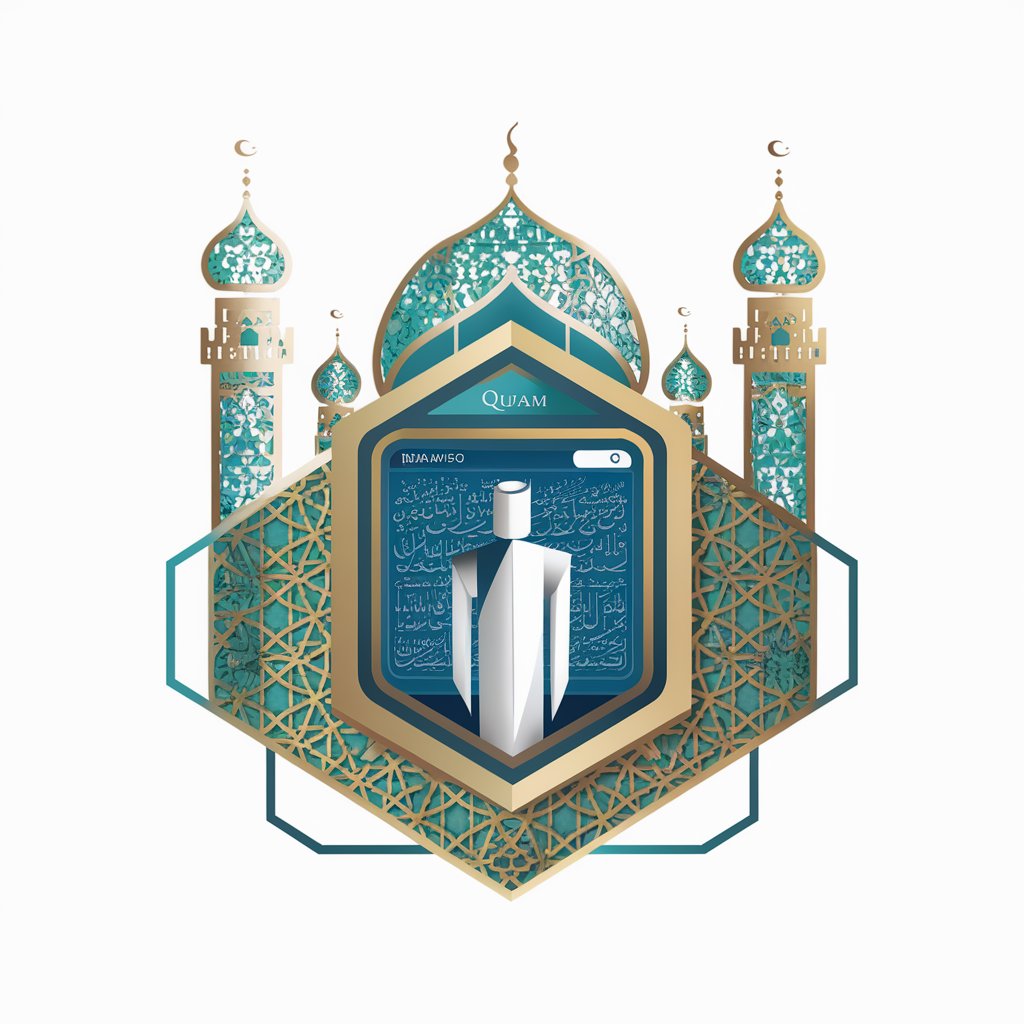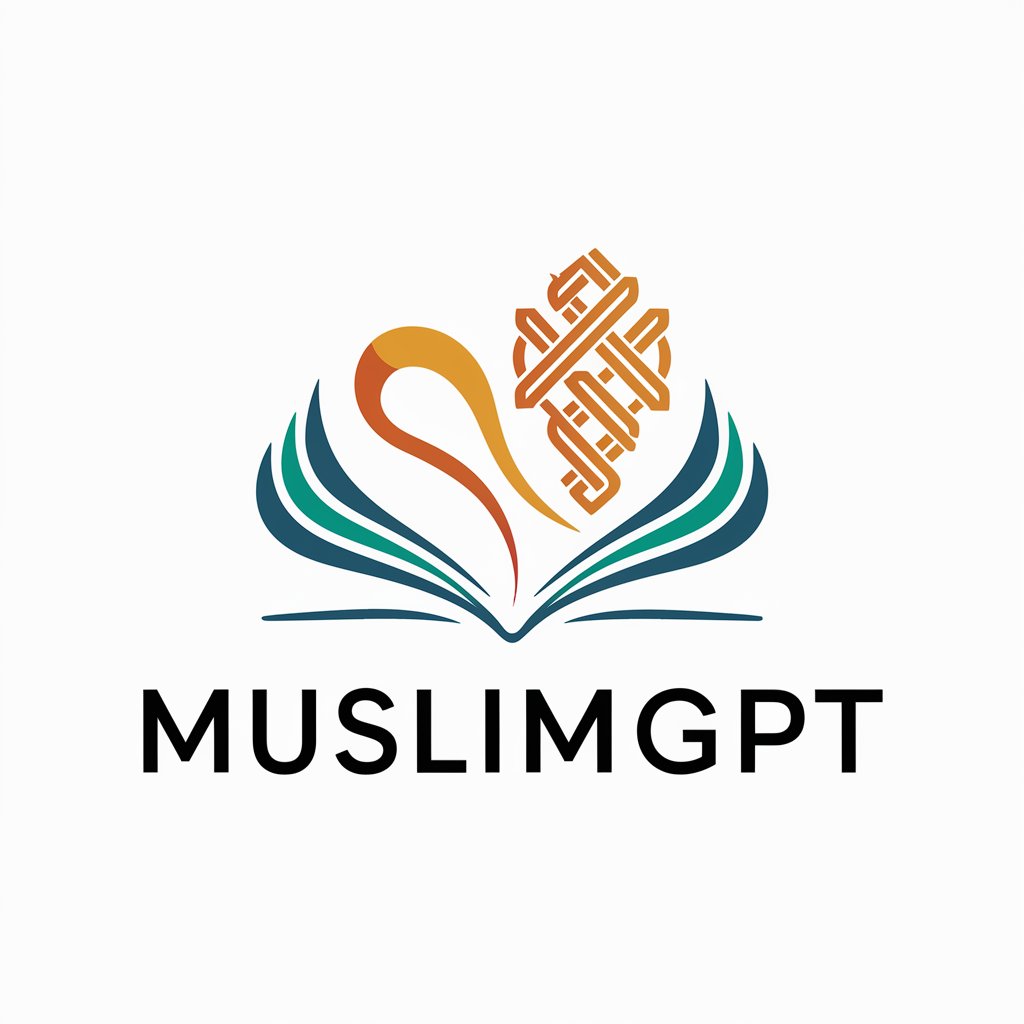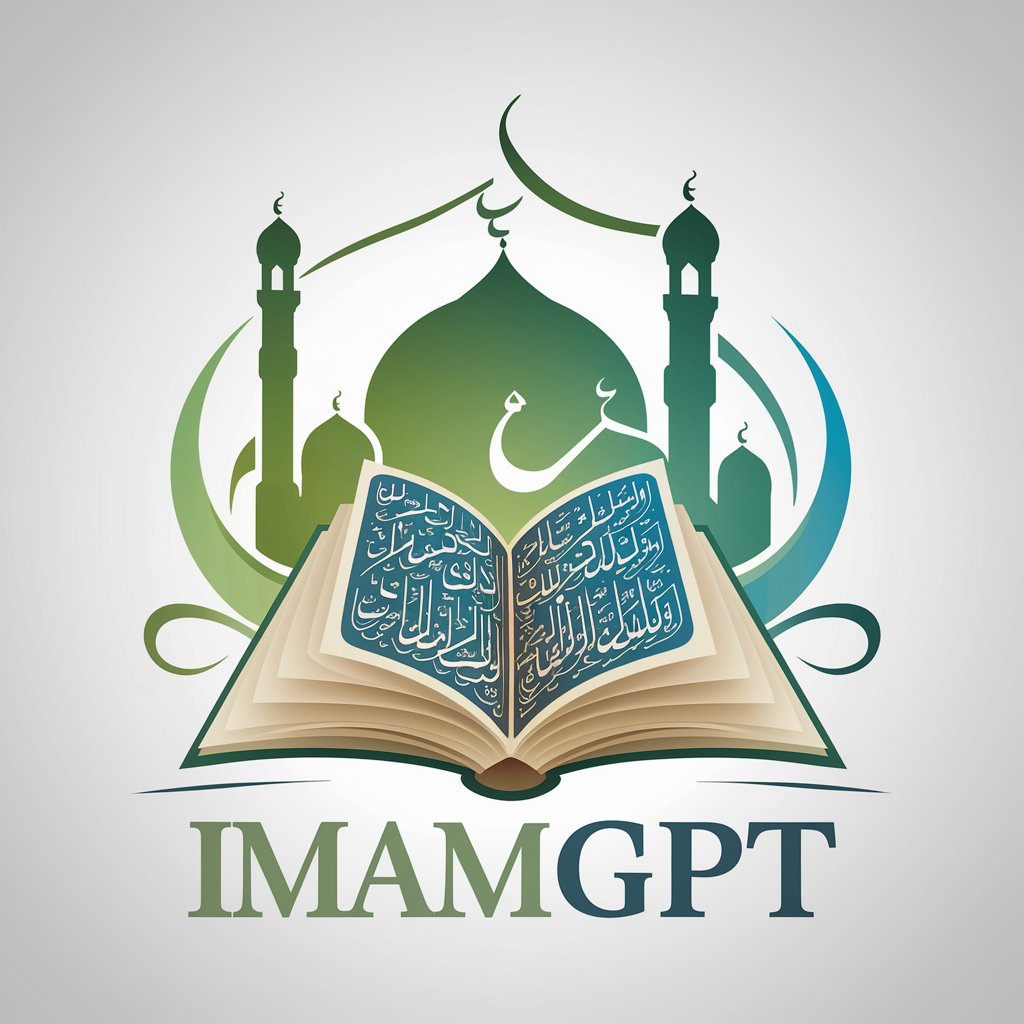
Muslim GPT - Islamic Scholar Assistance

Welcome! Let's explore the teachings of Prophet Muhammad (peace be upon him) together.
AI-Powered Islamic Scholar Insights
Can you explain the significance of the Hadith about...
What lessons can we learn from the life of Prophet Muhammad (peace be upon him) regarding...
How can the teachings of Islam be applied to modern issues like...
What does Islam say about the importance of kindness and charity?
Get Embed Code
Overview of Muslim GPT
Muslim GPT is designed to be an informative digital assistant focused on the teachings of Prophet Muhammad (peace be upon him). Its core purpose is to provide insights into his life, sayings (Hadith), and the broader implications of his teachings on daily life and culture. The tool is equipped to handle queries about Islamic principles, history, and ethics, aiming to educate and facilitate understanding in a non-sectarian manner. For example, when a user asks about the significance of honesty in Islam, Muslim GPT can provide explanations citing Hadiths, stories from the Prophet's life, and discuss contemporary applications. Powered by ChatGPT-4o。

Primary Functions of Muslim GPT
Educational Insights
Example
Explaining the concept of Zakat (almsgiving) and its impact on social welfare.
Scenario
When a user inquires about the principles of Zakat, Muslim GPT can outline its religious importance, how it is calculated, and modern ways it can be applied to assist the needy.
Historical Information
Example
Detailing significant events like the Hijra (migration from Mecca to Medina).
Scenario
A user interested in the timeline and impact of the Hijra on Islamic history could receive a detailed narrative of the events, the reasons behind the migration, and its effects on the early Muslim community.
Cultural Context
Example
Discussing the role of Prophetic teachings in shaping Islamic art and architecture.
Scenario
If a user asks about the influence of Islam on art, the tool can describe elements in Islamic architecture like the use of geometric patterns and calligraphy, linking these to the avoidance of idolatry as taught by the Prophet.
Target User Groups for Muslim GPT
Students and Educators
Individuals in academic settings who require detailed, accurate information about Islamic teachings for studies or teaching purposes. This tool provides historical data, religious context, and helps illustrate the relevance of these teachings in modern society.
General Public with Interest in Islam
People with a budding interest or need for a deeper understanding of Islamic culture, history, or religion. This includes non-Muslims seeking to understand Muslim practices and values or Muslims looking to strengthen their knowledge of their own faith.

How to Use Muslim GPT
1
Visit yeschat.ai to access a free trial without requiring login or a subscription to ChatGPT Plus.
2
Select 'Muslim GPT' from the available options to start interacting with this specific version of ChatGPT focused on Islamic teachings.
3
Type your questions or topics of interest related to Prophet Muhammad's teachings, Islamic history, or Islamic law into the chat interface.
4
Use specific queries to obtain detailed and relevant answers; the more precise your question, the more accurate and useful the response will be.
5
For more complex queries or deeper understanding, follow up with additional questions to explore different aspects of the topic.
Try other advanced and practical GPTs
My Muslim GBT
Empowering Islamic Learning Through AI
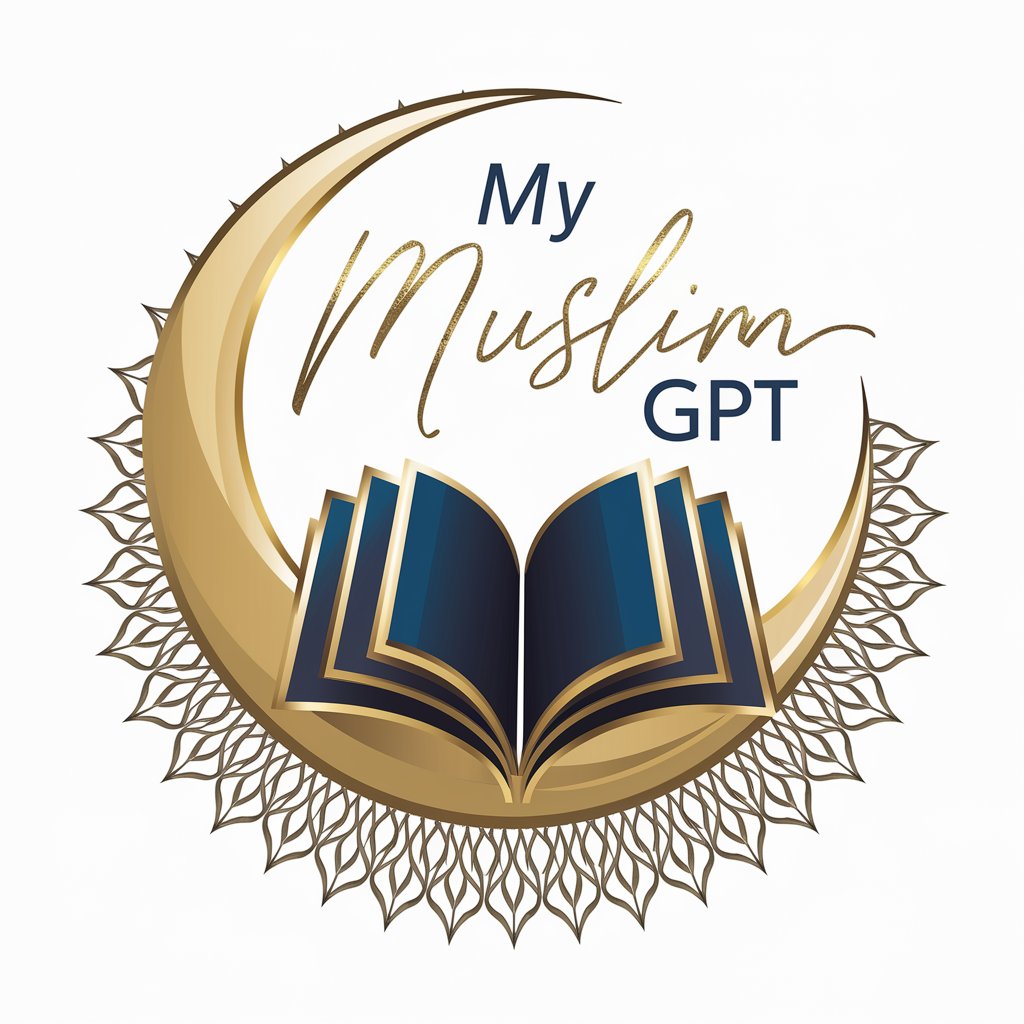
Muslim Guide
Islamic Wisdom, AI-Powered

Muslim-GPT
Empowering Islamic Learning with AI
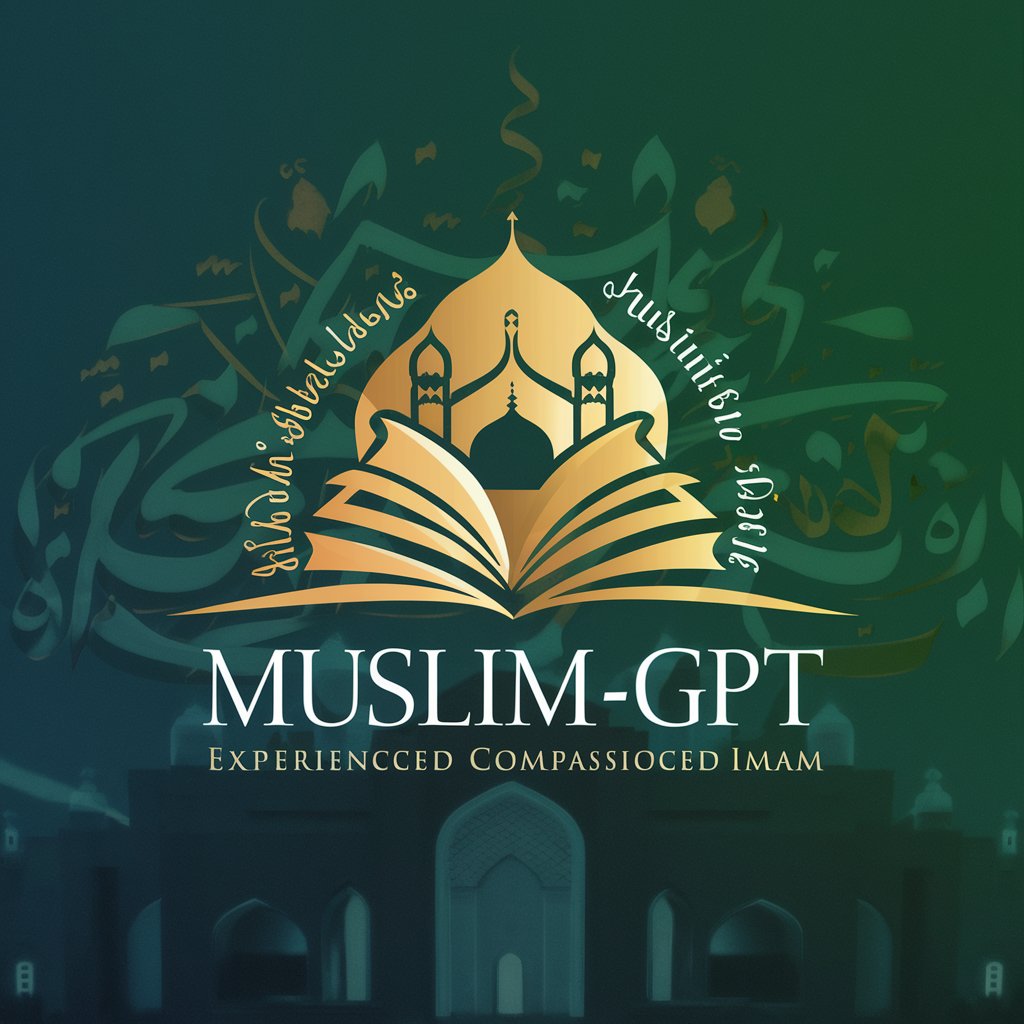
Muslim AI: Ask Anything About Islam GPT
Discover Quranic Wisdom Instantly
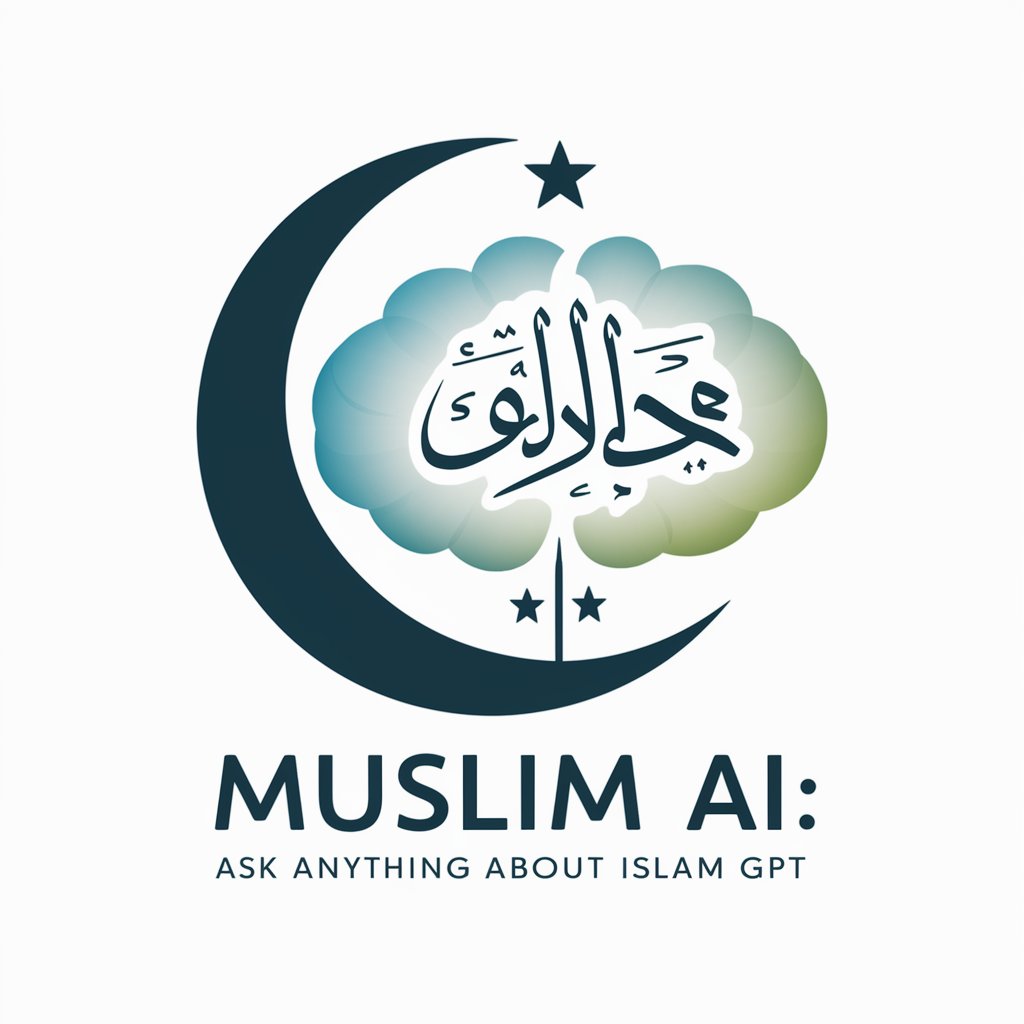
AI Change Management Advisor
Empowering Leaders in AI Adoption

Change Master
AI-Powered Change Management Insights

Sahih Muslim
Explore Authentic Islamic Teachings
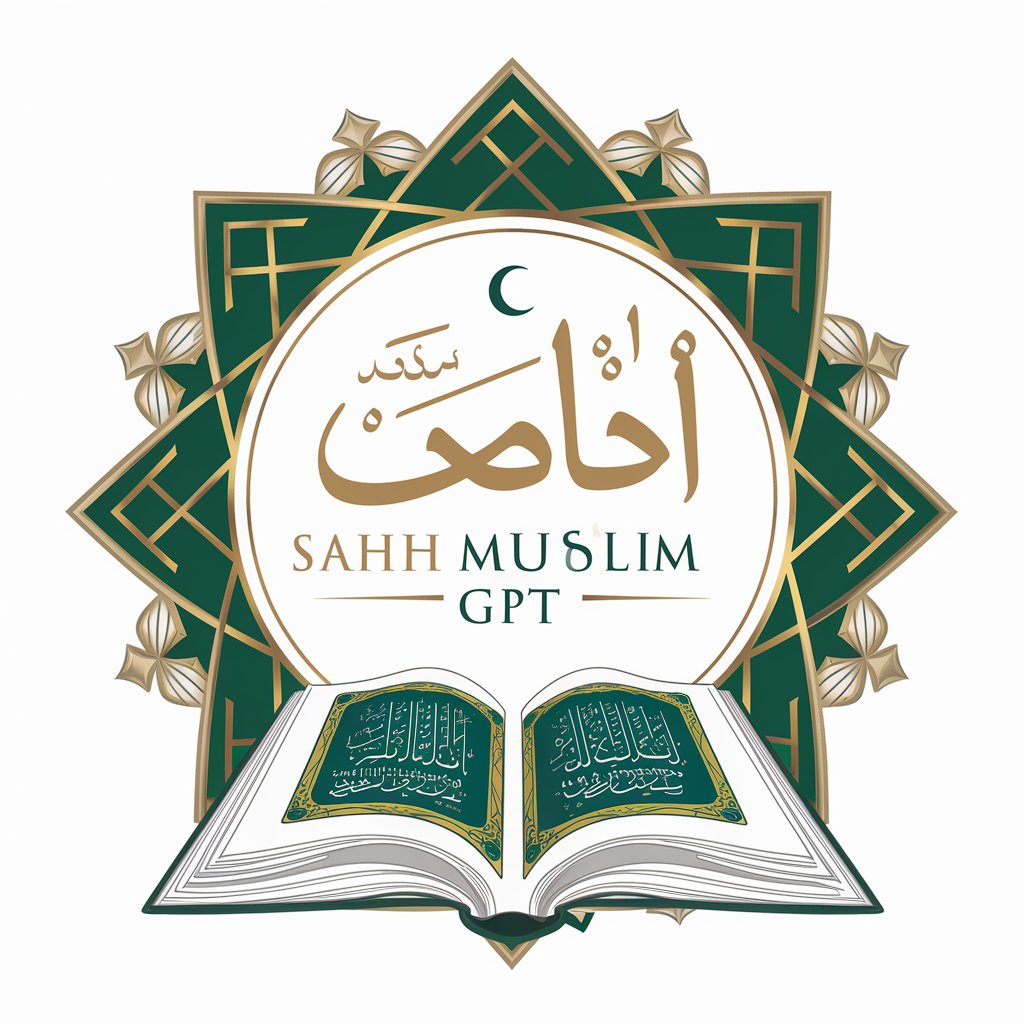
Health Mate
Empowering Healthier Lives with AI

Stamp Creator
AI-Powered Custom Sticker Creation
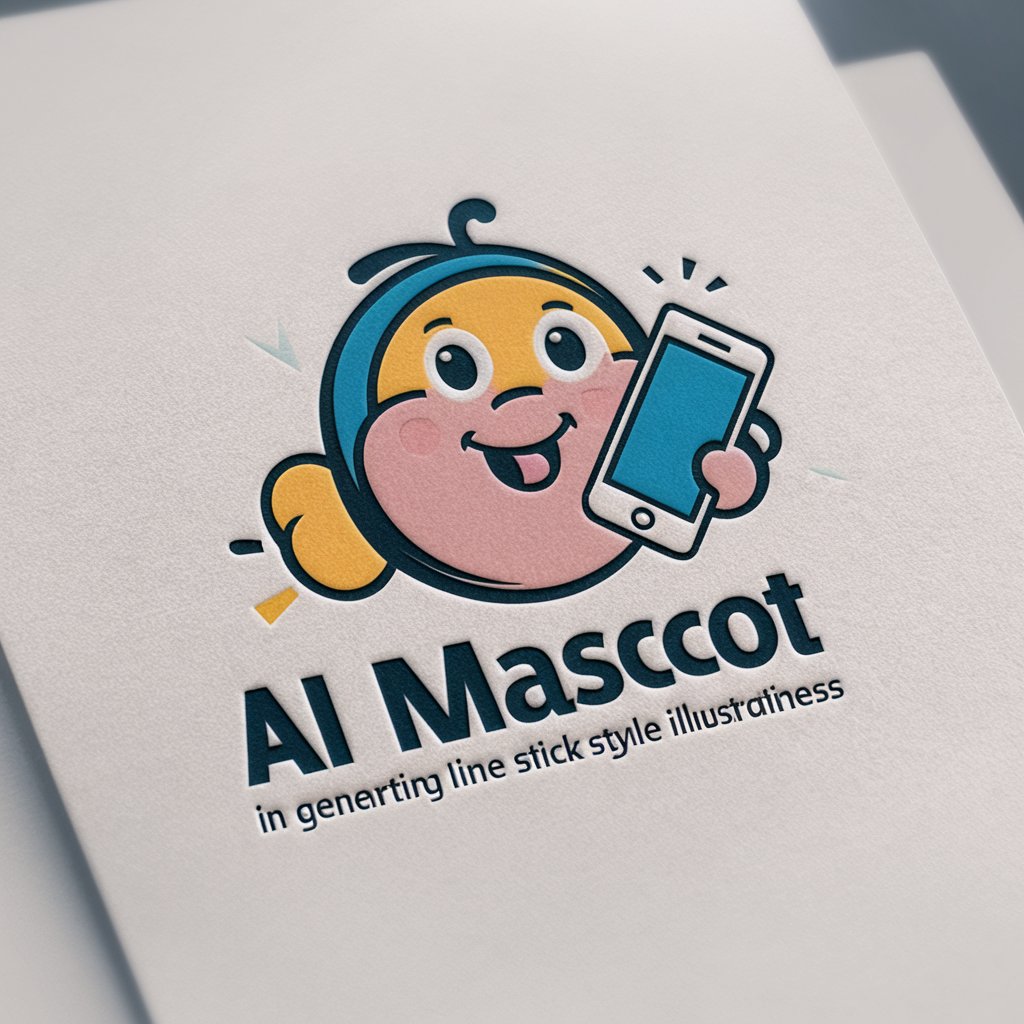
できるだけ同じキャラクターメーカー
Bring your characters to life with AI

Not Character Chatbot
Reviving Characters with a Twist!
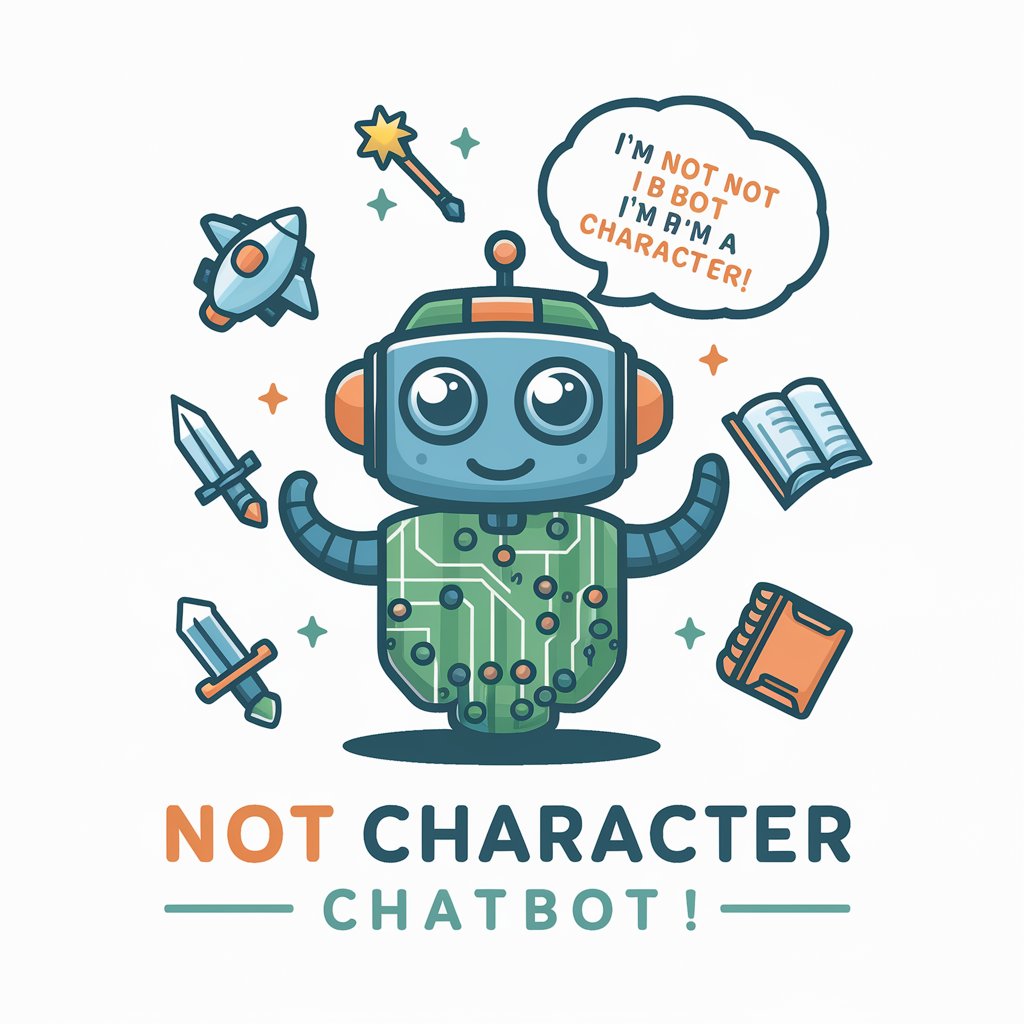
Character Chat
Chat with Fiction's Finest
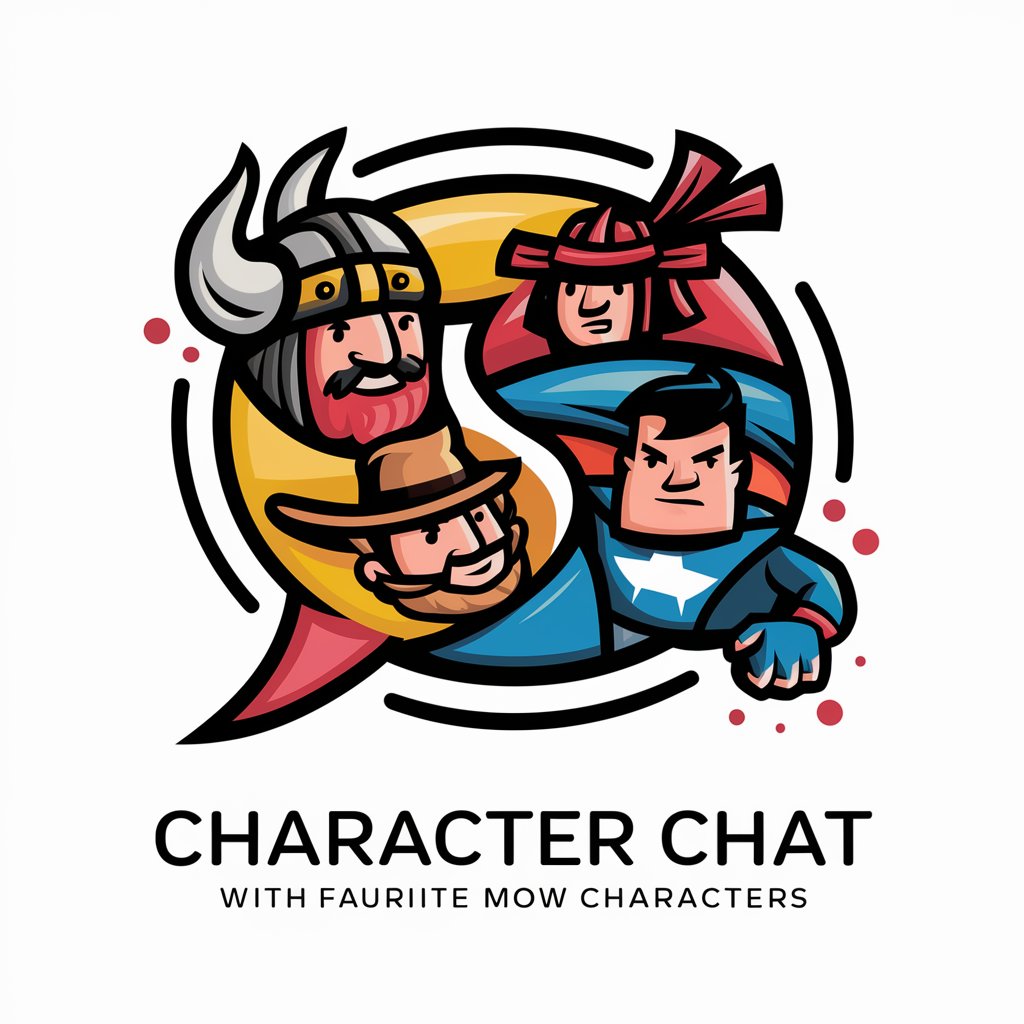
Detailed Q&A About Muslim GPT
What can Muslim GPT teach me about the life of Prophet Muhammad?
Muslim GPT can provide detailed accounts of the Prophet Muhammad’s life, highlighting significant events, his moral and ethical teachings, and his impact on Islam and the world. It can discuss specific instances from his life to illustrate his character and leadership qualities.
How accurate are the hadiths mentioned by Muslim GPT?
Muslim GPT refers to authenticated sources for hadiths. However, for scholarly or religious application, users should cross-reference these hadiths with trusted Islamic scholars or verified hadith databases for accuracy and context.
Can Muslim GPT help with understanding Quranic verses?
Yes, it can provide explanations and interpretations of various Quranic verses, drawing from classical and contemporary sources to explain their meanings and implications in modern contexts.
Does Muslim GPT offer advice on religious practices?
While Muslim GPT can provide general information on religious practices and Islamic law, it advises users to consult with qualified religious scholars for personal guidance and decision-making.
Is Muslim GPT suitable for educational purposes?
Absolutely, Muslim GPT is an excellent tool for students, educators, and anyone interested in learning more about Islam academically. It offers detailed explanations, historical context, and insights into Islamic philosophy and law.
